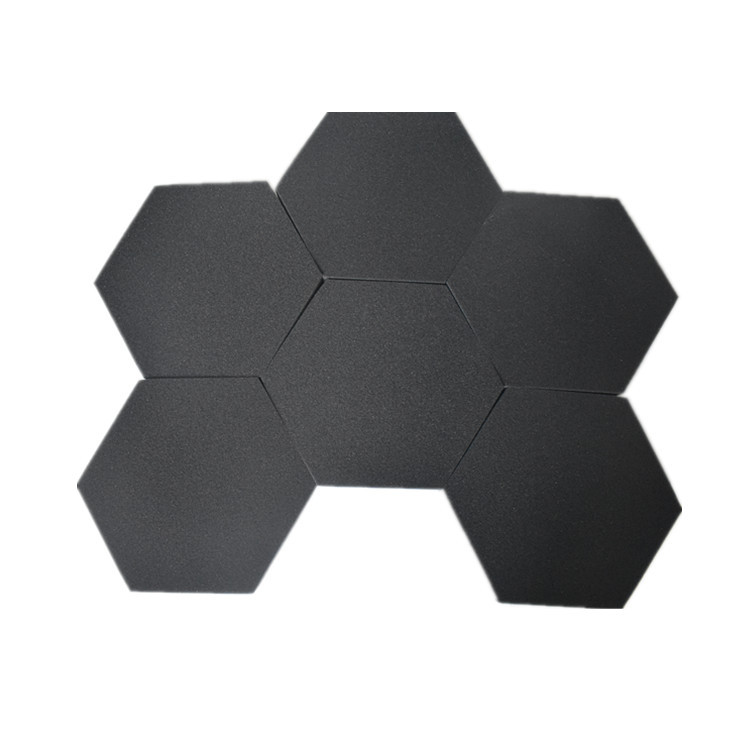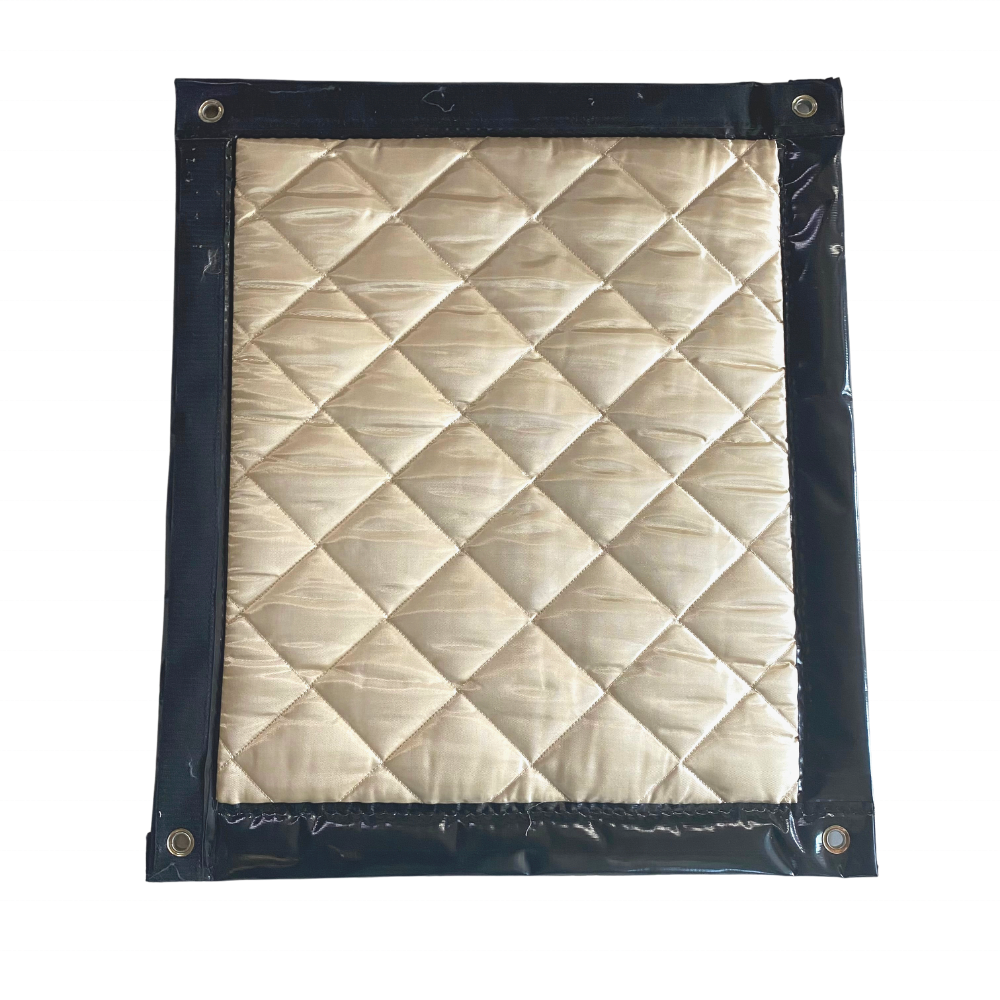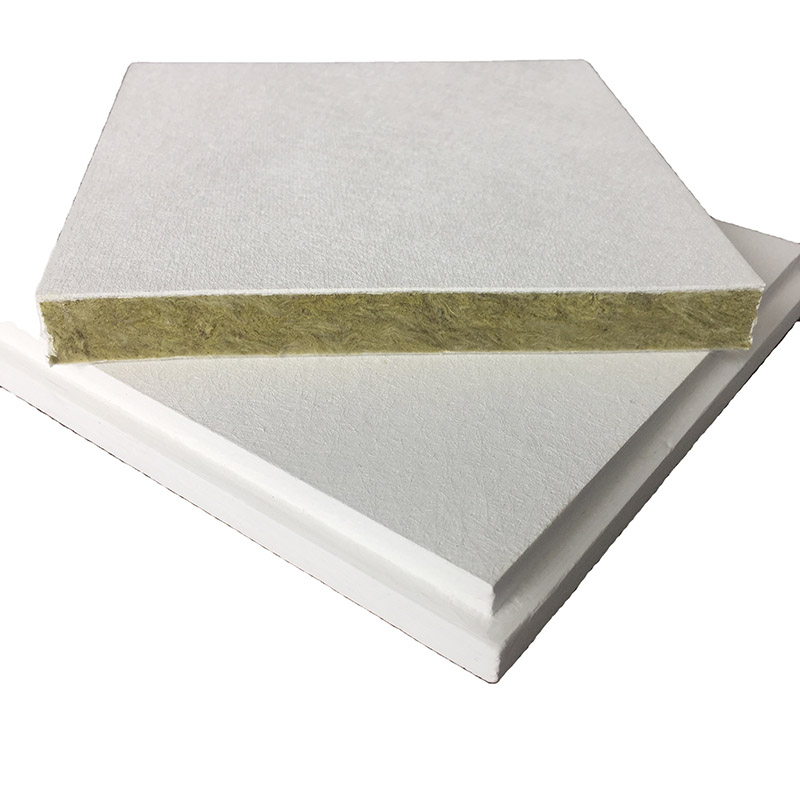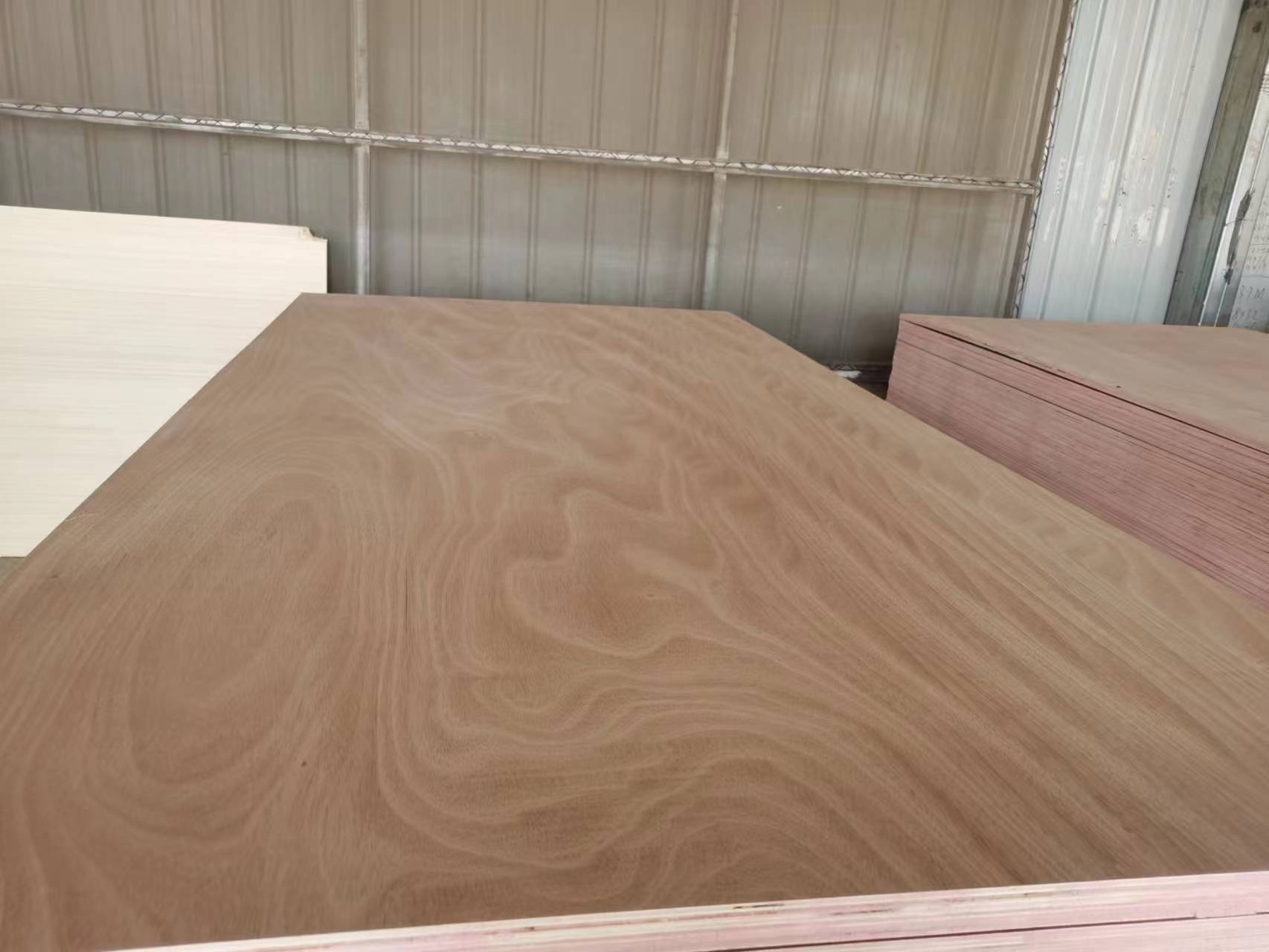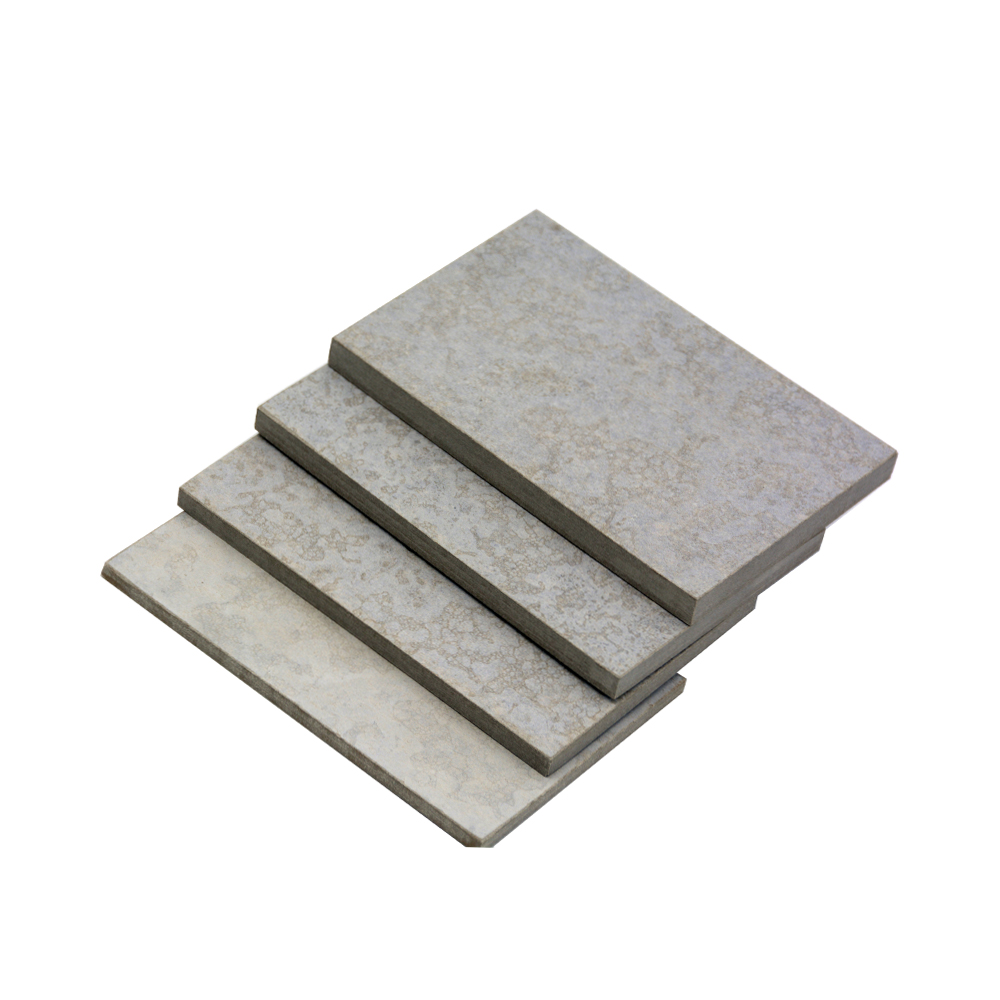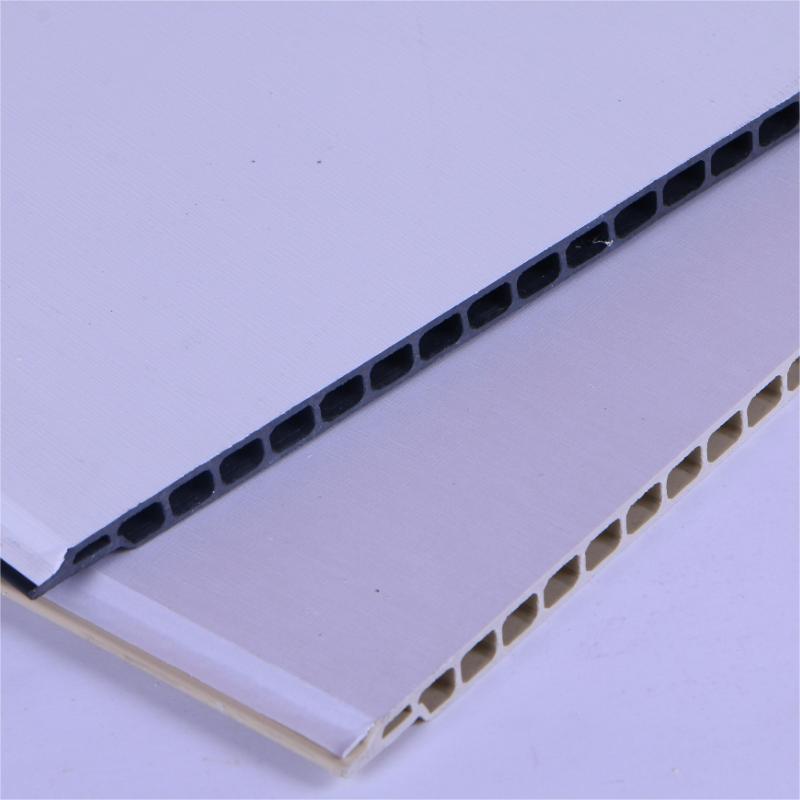Polyester Fiber Acoustic Wall Panel Soundproof Cotton
Advantages
Health and Well-being: Excessive noise can have detrimental effects on health, leading to stress, sleep disturbances, and reduced concentration. Soundproofing materials help create a healthier indoor environment by minimizing noise pollution. They promote better sleep, increase focus, and reduce stress levels, thus enhancing overall well-being.
Application
Conference Rooms: Acoustic foam is employed in conference rooms to enhance privacy and prevent sound leakage. It ensures that confidential discussions remain confidential and minimizes distractions from neighboring areas
Customers
soundproofing materials offer a range of benefits, including noise reduction, enhanced privacy, improved acoustics, better health and well-being, and increased energy efficiency. Incorporating these materials into residential, commercial, or industrial spaces can significantly improve the overall quality of the environment.
Scenes Display
Factory Display
FAQ
Q1:What is soundproofing foam, and how does it work?
Soundproofing foam is a material designed to reduce noise and improve acoustics. It works by absorbing sound waves, preventing them from bouncing off surfaces and causing echoes or reverberations.
Q2: How do I install soundproofing foam on my own?
Installing soundproofing foam is relatively simple. You can use adhesive or Velcro to attach the foam panels to walls, ceilings, or other surfaces. Make sure to follow the manufacturer’s instructions for the best results.
Q3: Can soundproofing foam completely eliminate all noise?
A: While soundproofing foam significantly reduces noise, it may not completely eliminate all sounds. It depends on the thickness and quality of the foam, as well as the specific noise sources.
Q4: Can soundproofing foam be used outdoors?
Most soundproofing foams are designed for indoor use. However, there are specialized outdoor soundproofing materials available that are better suited for exterior applications.
Q5: Does soundproofing foam require maintenance?
A: Soundproofing foam typically does not require much maintenance. Regular dusting or vacuuming can help keep the foam clean and free from debris. Avoid using harsh chemicals or liquids that may damage the foam.
Q6: Can I paint soundproofing foam to match my room’s decor?
A: Yes, many soundproofing foams can be painted. However, it’s important to use a paint that is compatible with the foam material. Check with the manufacturer for specific recommendations.
Q7: How long does soundproofing foam last?
The lifespan of soundproofing foam depends on various factors such as usage, quality, and environmental conditions. Generally, high-quality foam can last for several years, providing effective soundproofing for an extended period.
